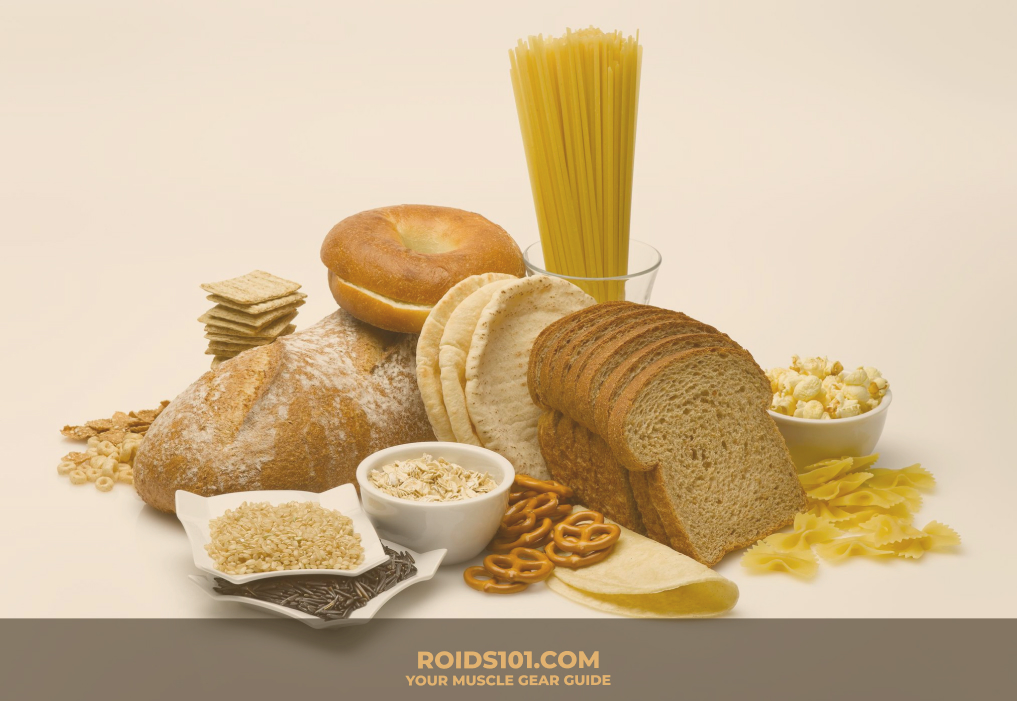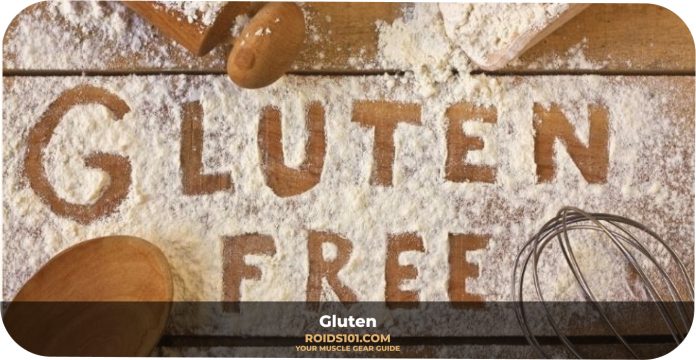You have probably heard that gluten is bad for you, but is it so? If you care about your diet, health and physique, you should consider getting rid of it. How dangerous gluten can be for humans? What is gluten intolerance and how is it manifested?
What is Gluten?
It is a complex protein present in rye, wheat, barley and other grains. It accounts for about 80 percent of the total mass of these. Translated from Latin, «gluten» means «glue», which fully reflects the peculiarity of this protein.
Products Containing Gluten

Along with grain food, various types of sauces may contain it, where the substance acts as a thickener. The presence of gluten in the composition may be hidden behind such designations as modified food starch and hydrolyzed protein.
The amount of gluten consumed daily varies from 10 to 40g. It enters the body with different bakery products, pasta, bread. About 10 to 15 percent of the dry weight.
Intolerance or Celiac disease.
Celiac disease occurs in every 100-150th person, which is about one percent of the entire population. The reason for it is that the body rejects gluten, and the immune system identifies it as a foreign substance. Even 0.1g is enough to provoke an allergy.
It is consumed with food and directly affects the stomach. It leads to intestinal dysfunction, reduces the absorption of fats, sugars, minerals and vitamins. Constant overabundance of gluten provokes gaining a few extra kilos, which are deposited mainly in the abdomen.
How to recognize celiac disease?
Individual intolerance is manifested by digestive system dysfunction, accompanied by abdominal swelling, diarrhea and other indigestions. The chronic variation of the disease leads to the stool becoming pale, foamy and of sharp unpleasant smell.
A person can suffer from headaches and increased hair loss. There is a general decrease in immunity, as well as in metabolism. It’s difficult to diagnose celiac disease due to relatively mild symptoms and attachment to flour-made foods. The patient most often doesn’t even know that he has a disease.
Gluten-free Foods
There is zero of the compound in any kind of fish of meat, potatoes, nuts, fruits, corn, eggs, beans and veggies. It also applies to the so-called «pseudo-cereal», such as amaranth, buckwheat sorghum and the like.
It appears in some cereals due to the use of the equipment previously used to process wheat. The amount of substance that enters the pearl barley and oatmeal, which do not contain gluten, may be sufficient for the manifestation of allergy.
How to diagnose an allergy?
To identify intolerance at home, you need to completely remove any foods that contain it from the diet, and monitor your subsequent condition. After a certain period free of any gluten-containing foods, reintroduce them into your diet and compare your condition with the previous one. Recovery of intestinal microflora takes from ten days to two weeks. If there are significant differences in well-being, it might indicate having the problem, and it’s better to visit a doctor to conduct a test for celiac disease.
How Dangerous is Gluten For an Ordinary Person?
Gluten intolerance can be inherited. If one or both parents have such a disease, the child is also at risk. People with celiac disease have to completely refuse all products that contain gluten.
Eating cereals for a healthy person who is not allergic to gluten is not something dangerous. Well, if abuse of white bread and pastries is out of the question. The mass hysteria around it that has been observed in recent years is more of a marketing move rather than a real concern for public health.
Conclusion
Celiac disease, expressed in decreased immunity, problems with bowel function, and an increased risk of cancer, occurs in only one percent of all people. For those who do not suffer from this disease, cereals and grain products do not pose any threat.



